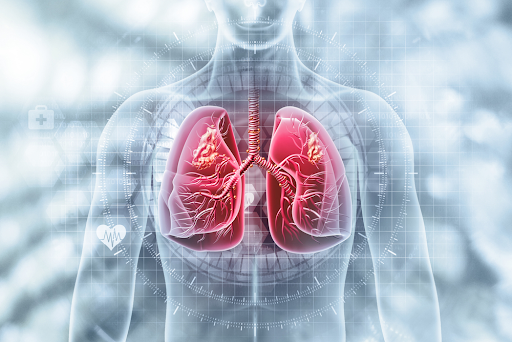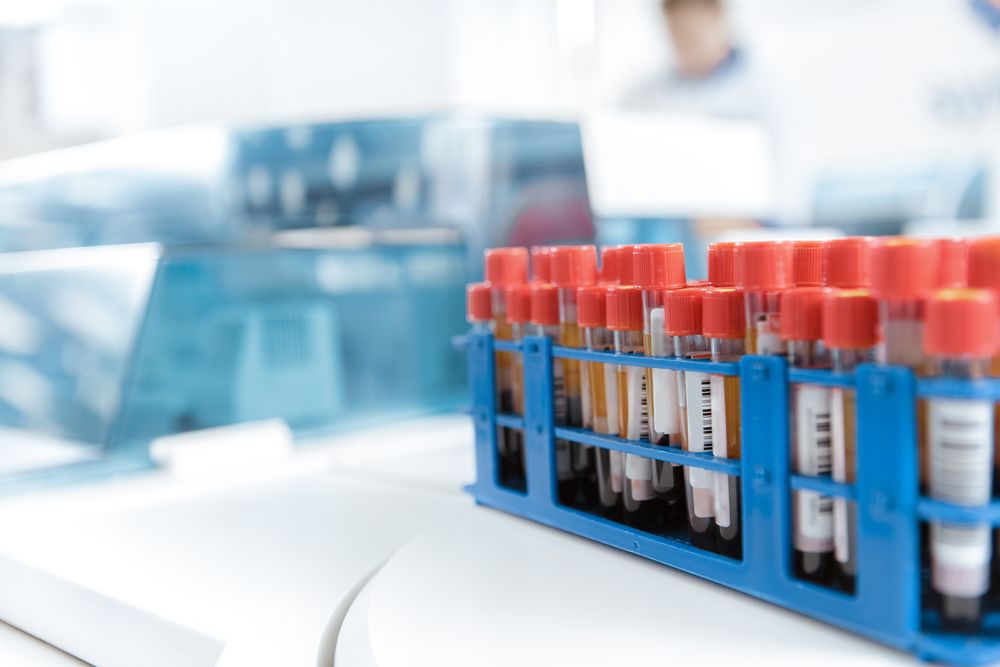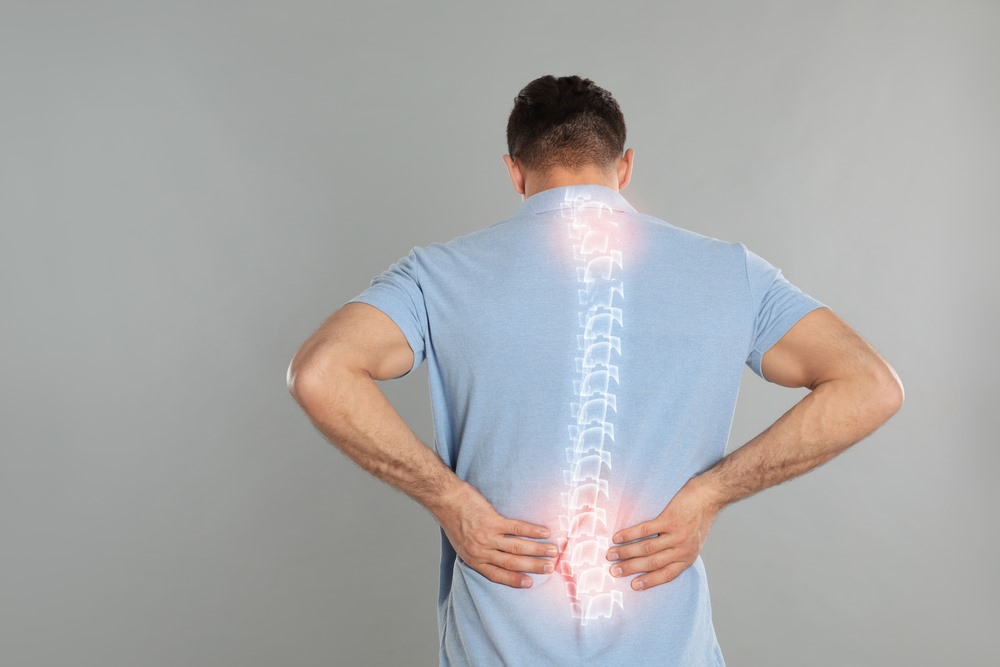Understanding Lung Disease: Symptoms, Causes, and Treatment

Lung diseases encompass a broad spectrum of conditions that affect
the respiratory system, ranging from mild to severe. Understanding
these diseases`'` symptoms, causes, and treatment options is crucial
for early detection and effective management.
Symptoms of Lung Disease
General symptoms
Recognizing the early signs of lung disease can aid in prompt
medical intervention:
Persistent cough:A chronic cough that lasts for weeks or
months.
Shortness of breath:Difficulty breathing, especially during
physical exertion.
Chest pain or tightness:Discomfort or pressure in the chest
area.
Wheezing:High-pitched sound when breathing.
Coughing up blood (hemoptysis):Blood in coughed-up mucus,
which can indicate serious conditions.
Causes of Lung Disease
Understanding the underlying causes can help in prevention and
targeted treatment:
Smoking and secondhand smoke:Primary cause of lung diseases
like COPD and lung cancer.
Air pollution: Particulate matter and toxic gases can
irritate the respiratory tract.
Genetic factors:Some individuals may be predisposed to
conditions like alpha-1 antitrypsin deficiency.
Occupational exposures:Asbestos, silica, coal dust, and other
workplace hazards can lead to lung diseases.
Infections: Bacterial, viral (e.g., influenza), and fungal
infections affecting the lungs.
Autoimmune conditions: Diseases like rheumatoid arthritis and
lupus can involve lung inflammation.
Types of Lung Diseases
Overview of major types:
COPD (Chronic Obstructive Pulmonary Disease):Progressive lung
diseases, including chronic bronchitis and emphysema.
Asthma: Chronic inflammation of the airways, causing
reversible airflow obstruction.
Interstitial lung diseases:Includes idiopathic pulmonary
fibrosis and sarcoidosis, characterized by scarring of lung tissue.
Lung cancer:Abnormal cell growth in the lungs, often linked
to smoking but can occur in non-smokers.
Infectious lung diseases: Pneumonia, tuberculosis, and fungal
infections affecting the lungs.
Occupational lung diseases: Result from exposure to hazardous
substances in the workplace.
Diagnosis of Lung Disease
Early diagnosis involves a combination of medical history, physical
examination, and diagnostic tests:
Physical examination: Evaluation of respiratory symptoms and
overall health.
Imaging tests:X-rays and CT scans to visualize lung structure
and detect abnormalities.
Pulmonary function tests (spirometry):Measures lung capacity
and airflow.
Biopsies and other procedures:Sampling lung tissue or fluid
to confirm diagnosis.
Conclusion
Recognizing the symptoms of lung disease early is crucial for
effective treatment and maintaining good health. If you experience
persistent fatigue, unexplained weight changes, mood swings, hair
and skin changes, or heart rate abnormalities, seeking medical
attention promptly is essential. Regular lung disease checkups are
crucial for effectively managing lung conditions and mitigating the
risk of complications. Individuals can lead healthier, more
fulfilling lives by undergoing routine lung disease symptom tests,
monitoring lung disease levels, adopting lifestyle modifications,
and staying abreast of lung disease management strategies. In
Chennai, Astolabs offers comprehensive lung disease screenings,
providing accurate and timely results for disease management. With
state-of-the-art facilities and a commitment to excellence, Astolabs
empowers individuals to take proactive steps toward their health.
Schedule a lung disease checkup at Astolabs
today to prioritize your well-being and pave the way for a healthier
future.






